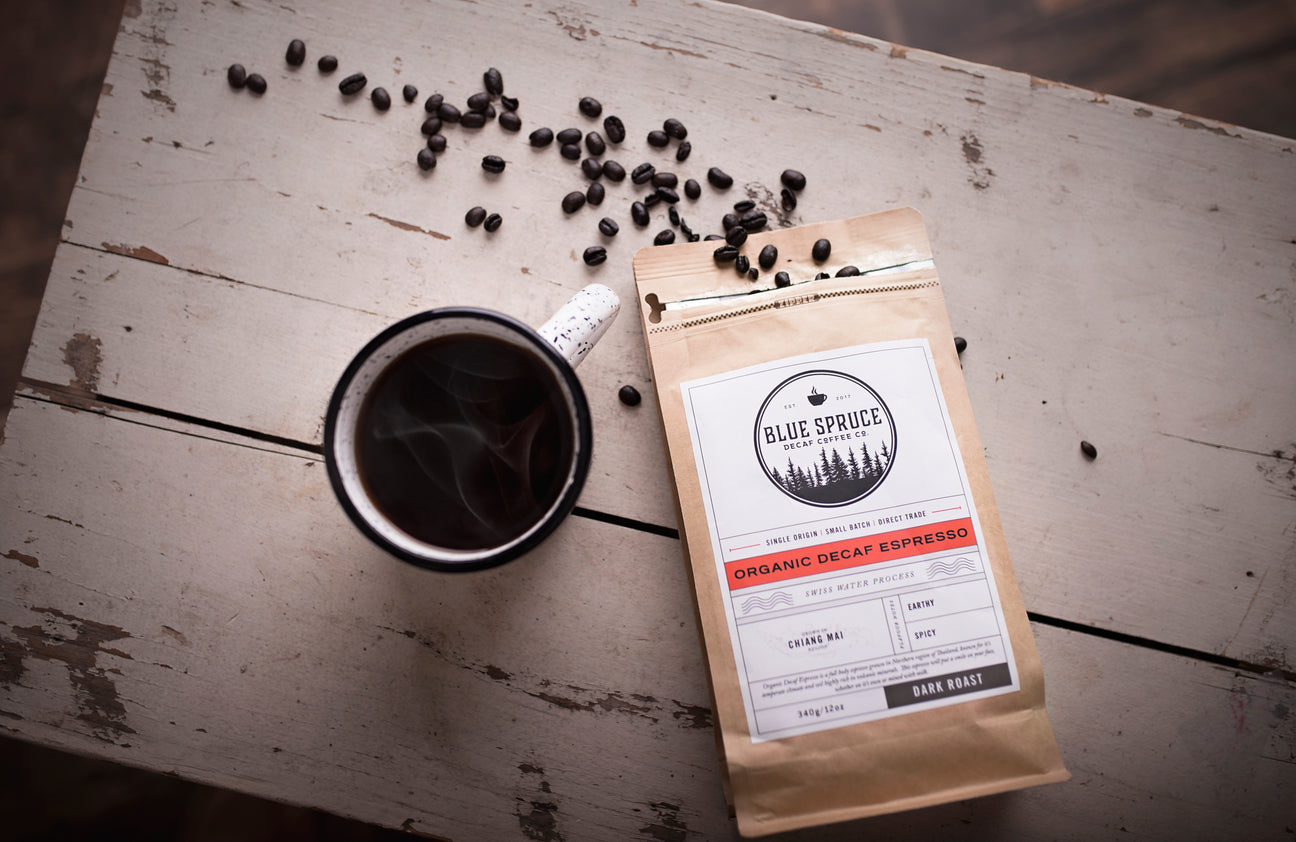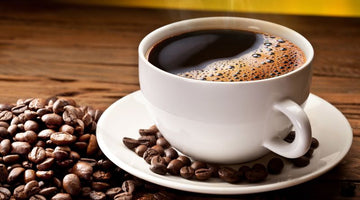For many, coffee is more than just a beverage—it’s a ritual, a comfort, and a source of daily motivation. But what if you could enjoy the same rich aroma and satisfying flavor without the stimulating effects of caffeine? That’s where decaf coffee comes in.
The world of coffee without caffeine has evolved tremendously over the years, offering coffee lovers a way to indulge in their favorite drink while maintaining a balanced lifestyle. Whether you’re sensitive to caffeine, cutting back for health reasons, or simply want to enjoy an evening cup without losing sleep, decaffeinated coffee provides the perfect alternative.
Understanding What Makes the Best Decaf Coffee
The best decaf coffee starts with high-quality beans and a meticulous decaffeination process. Contrary to what some may believe, decaf doesn’t mean flavorless. Today’s methods allow roasters to remove caffeine while preserving the coffee’s natural taste, body, and aroma. There are several processes used to make decaf coffee, but the most common and reputable include the Swiss Water Process, CO₂ Process, and Ethyl Acetate Process.

Each of these methods aims to extract caffeine without compromising the bean’s integrity. The Swiss Water Process, for example, uses pure water and osmosis to gently remove caffeine, resulting in a caffeine free coffee that retains its natural sweetness and complexity. This process is favored by coffee purists and eco-conscious drinkers who want a chemical-free approach to coffee without caffeine.
Decaf Coffee vs. Regular Coffee: Is There a Difference?
A common question among coffee drinkers is, “Is there caffeine in decaf coffee?” The answer is yes—but only a tiny amount. On average, an 8-ounce cup of decaffeinated coffee contains about 2–5 milligrams of caffeine, compared to 95 milligrams in a regular cup. While it’s not completely caffeine free coffee, it’s close enough for those who are caffeine-sensitive or wish to limit their intake.
When brewed correctly, decaf coffee offers a nearly identical flavor experience to its caffeinated counterpart. Advances in roasting and decaffeination techniques mean you no longer have to sacrifice taste for health. The best brands focus on sourcing premium beans and applying gentle decaffeination processes to maintain the same complexity, aroma, and mouthfeel as traditional coffee.
The Health Benefits of Choosing Coffee Without Caffeine
There are many reasons people switch to coffee without caffeine. Some experience jitteriness, anxiety, or disrupted sleep from regular coffee, while others simply want to reduce their caffeine consumption. Switching to decaf allows you to enjoy all the comforting aspects of your coffee ritual without the negative side effects.
Moreover, decaffeinated coffee still contains the beneficial antioxidants found in regular coffee. Studies have shown that these antioxidants may support heart health, improve liver function, and reduce inflammation. So, even though you’re drinking caffeine free coffee, you’re still getting many of the same nutritional benefits that make coffee such a beloved beverage worldwide.
How to Find the Best Decaf Coffee for You
Choosing the best decaf coffee depends on your preferences for flavor, roast level, and brewing method. If you love a bold, full-bodied cup, opt for a dark roast decaf coffee. For something lighter and more nuanced, medium or light roasts might be your ideal match. Pay attention to how your decaffeinated coffee is processed—those labeled as “Swiss Water Process” or “CO₂ Process” often ensure the cleanest, most natural cup.
At Blue Spruce Decaf Coffee Co., quality and flavor take center stage. The company sources premium Arabica beans from sustainable farms and uses eco-friendly decaffeination methods to craft an exceptional coffee without caffeine experience. Every sip delivers the smooth richness of traditional coffee without the buzz, making it perfect for late-night relaxation or an afternoon break.

Brewing Tips for the Perfect Cup of Decaf Coffee
Brewing decaf coffee requires the same attention as regular coffee. Start with freshly ground beans, filtered water, and the correct coffee-to-water ratio. Aim for water temperatures around 195–205°F for optimal extraction. Whether you prefer pour-over, French press, or espresso, take the time to experiment with grind size and brewing time until you achieve the flavor balance you enjoy most.
One common misconception is that decaffeinated coffee tastes flat or bitter—but that’s often due to improper brewing or low-quality beans. When handled correctly, decaf can be just as rich, aromatic, and satisfying as any other blend.
Why Decaf Coffee Deserves a Place in Your Routine
For coffee lovers who crave balance, decaf coffee caffeine control is key. It allows you to savor your favorite beverage throughout the day without worrying about sleep disruption or caffeine jitters. Whether you’re winding down in the evening, enjoying a relaxing weekend morning, or simply seeking variety, decaffeinated coffee offers the same comfort and joy that coffee drinkers cherish—just without the high caffeine content.
Modern consumers are becoming increasingly mindful about what they drink, and caffeine free coffee fits perfectly into this wellness-driven lifestyle. As more people discover the joys of flavorful coffee without caffeine, the demand for premium decaf continues to rise.
That’s why companies like Blue Spruce Decaf Coffee Co. are dedicated to redefining what decaffeinated coffee can be. Through sustainable sourcing, meticulous roasting, and advanced decaffeination, they prove that great taste and health-conscious choices can go hand in hand.
Final Thoughts
The next time you crave a warm, aromatic cup, consider reaching for decaf coffee. With the many high-quality options available today, you no longer have to choose between flavor and wellness. Whether you’re looking for the best decaf coffee to sip before bed or simply want to cut down your caffeine intake, coffee without caffeine delivers the best of both worlds—taste, comfort, and calm energy in every cup.




Comments